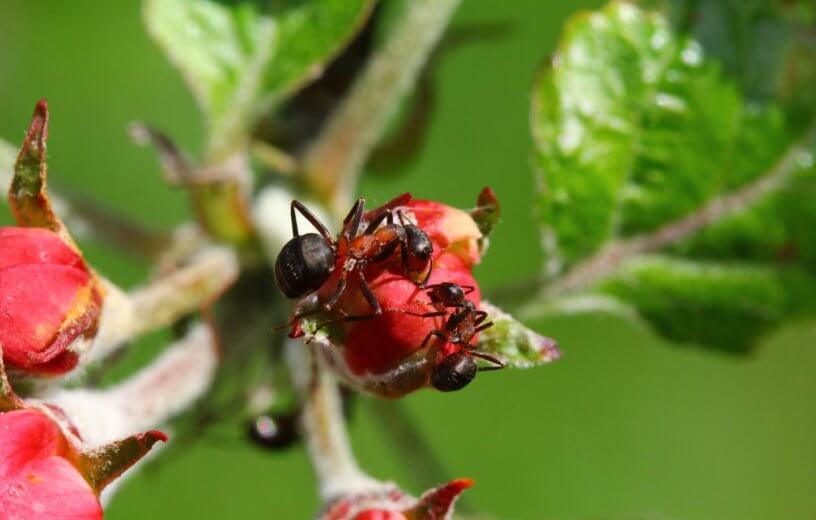AARHUS, Denmark — Ants may be pesky nuisances in the kitchen, but outdoors they play the ever important role of doctor for some vegetation. A new study conducted at Aarhus University in Denmark reveals that ants produce antibiotics that prevent the growth of at least 14 plant diseases.
According to scientists, ants carry colonies of bacteria on their legs and bodies that secrete these antibiotics. The researchers believe the findings could help them develop biological pesticides that can curb plant diseases that have long been considered resistant to common treatments.
So how do these tiny insects have such a strong botanical power? Consider their cramped quarters. Hundreds or thousands of ants reside in a single anthill, leaving them highly exposed and susceptible to the spread of infection. They protect themselves from this danger by keeping their anthills relatively sanitary, self-producing the antibiotics they need to treat themselves and one another when fighting infections.
Previous research has shown that when wood ants were moved to an apple orchard, they reduced the occurrence of two virulent apple diseases. Aarhus researchers conducted a scientific literature review and found evidence that ants can inhibit at least 14 different plant diseases.
“We don’t yet know how the ants cure the plants,” says senior researcher Joachim Offenberg at Aarhus’ Department of Bioscience in a statement. “But we do know that the ants secrete pheromones on their trails on the plants to find their way. And we know that some of these have antibiotic properties. The curing effect on plant diseases could be due to these pheromones.”
Though the authors have a long way to go in better understanding this fascinating finding, they believe that their research could lead to breakthrough treatments for use by farmers, gardeners, and other agricultural workers.
The study is published in the journal Oikos.
